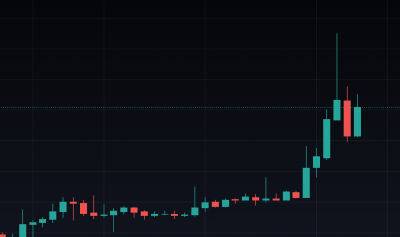What are crypto payment gateways and how do they work?
The parallel development of payment processors for digital currencies is taking place along with the implementation of blockchain technology in various industries like healthcare, academics, supply chain and among others. Businesses willing to accept cryptocurrencies as a payment method rather than fiat currencies rely upon crypto payment gateways to operate.
Without the trouble of needing to keep a cryptocurrency wallet and convert digital currency into fiat money, a crypto payment gateway can offer a straightforward solution for a merchant to adopt crypto. This facilitates the broader acceptance of digital currencies and makes it simpler for a vendor to provide cryptocurrency payment options.
This article will highlight the role of crypto payment gateways in the cryptocurrency market, their advantages and disadvantages and how a crypto payment gateway works.
Crypto payment gateways like BitPay, PayPal and Coinbase Commerce handle and facilitate the processing and receipt of cryptocurrency payments for merchants. In return, businesses receive fiat currencies in their bank accounts. Therefore, companies can offer alternative payment options to customers, removing uncertainties concerning cryptocurrencies.
However, crypto payment processors are not mandatory to receive digital currency payments. That said, merchants can use their personal wallets to accept cryptocurrencies. Nonetheless, crypto payment gateways make it simple for businesses to accept cryptocurrency as payment alongside fiat money and settle transactions in real time.
In addition, custodial and non-custodial are two types of crypto payment gateways. In the case of custodial crypto payment gateways, the profit made by the merchants is placed into their accounts,
Read more on cointelegraph.com



















